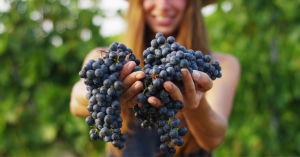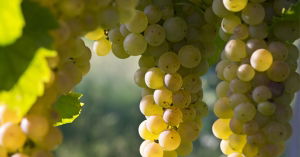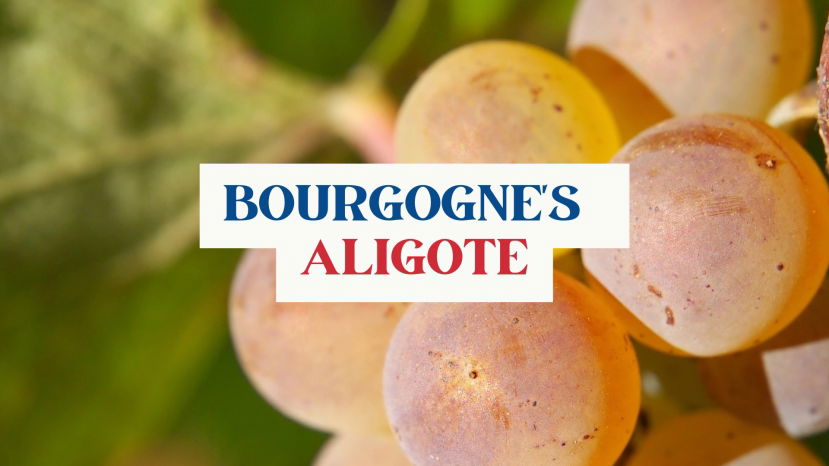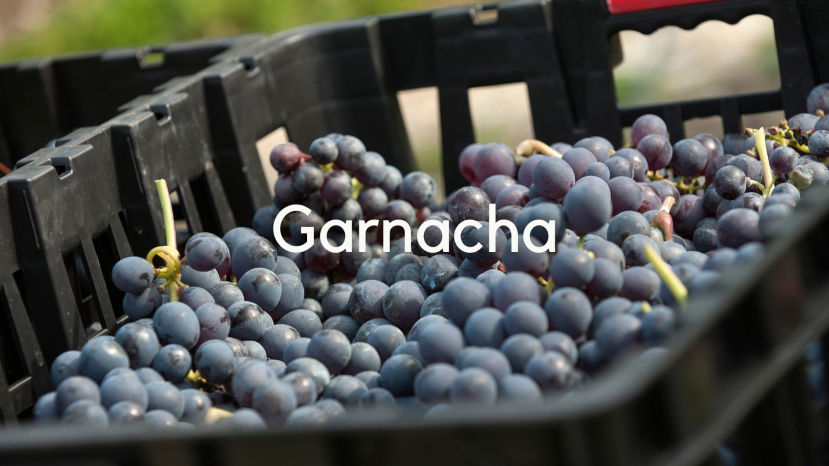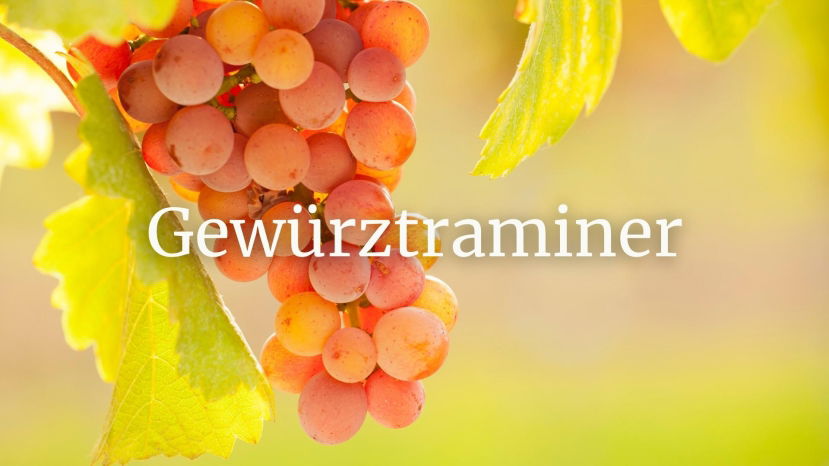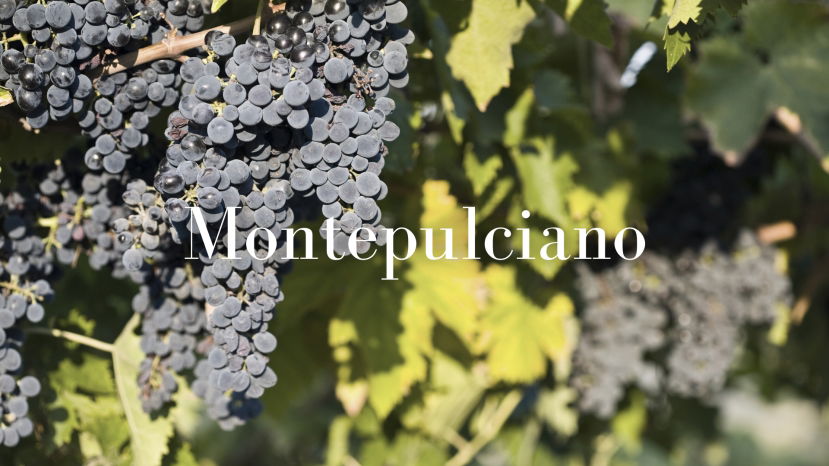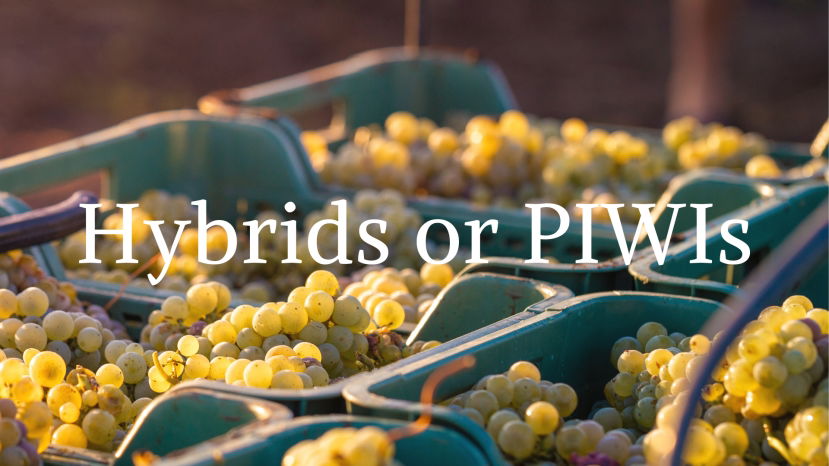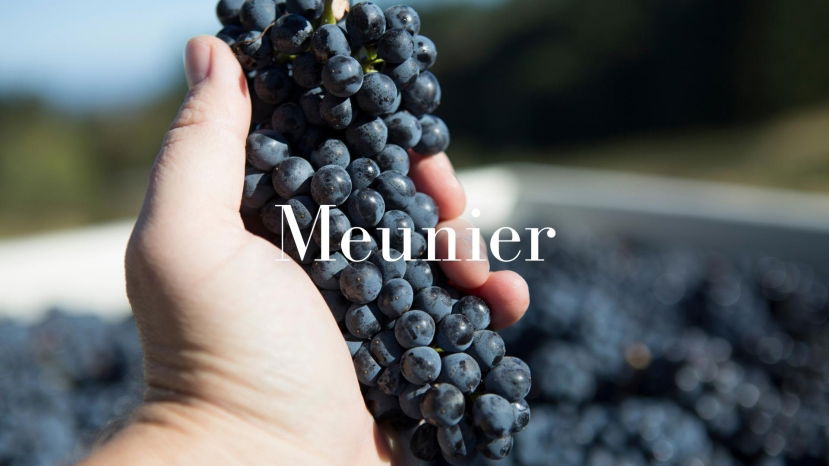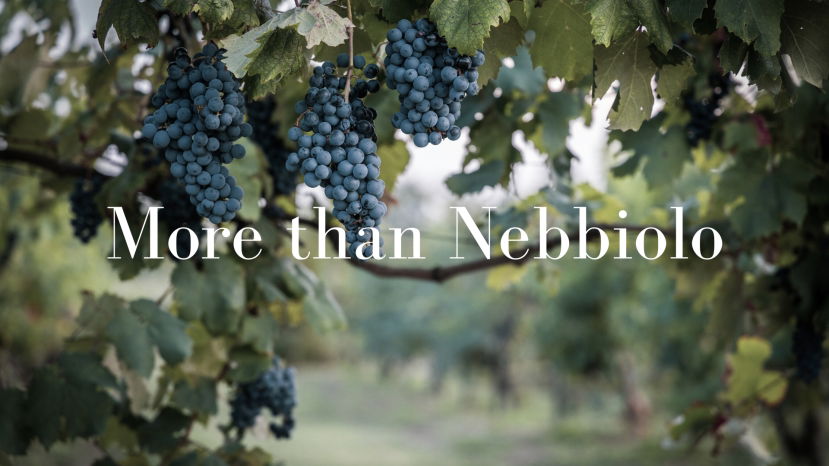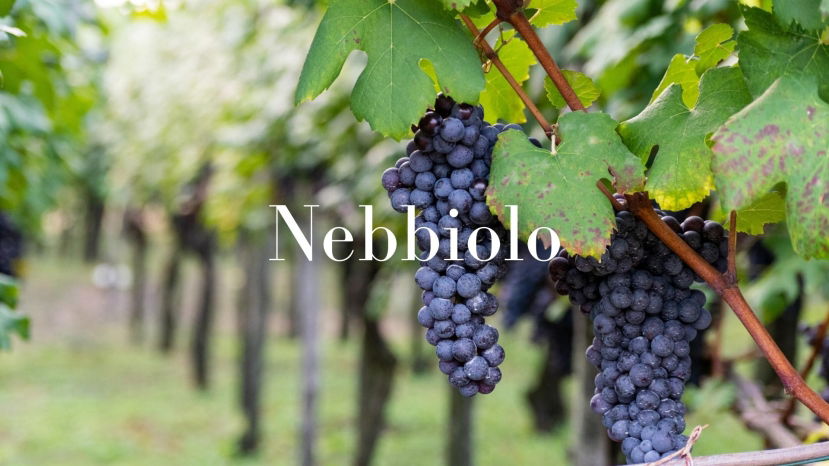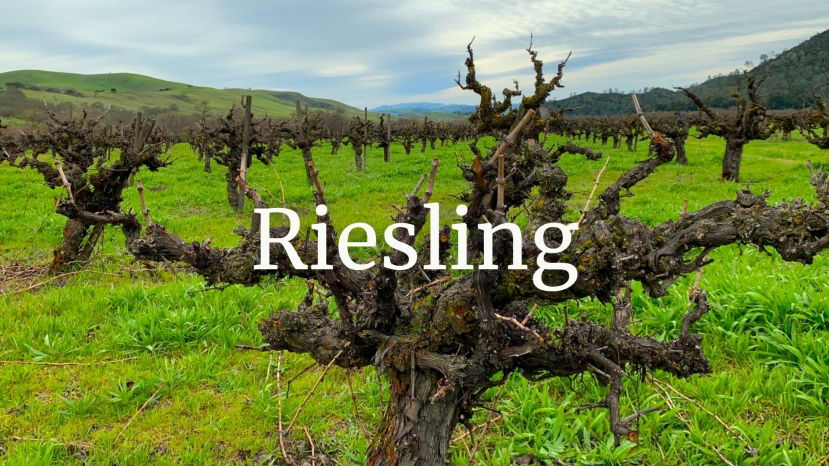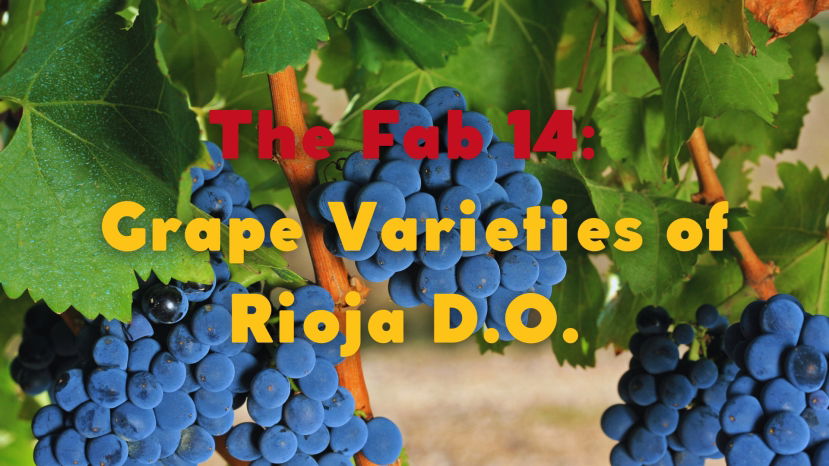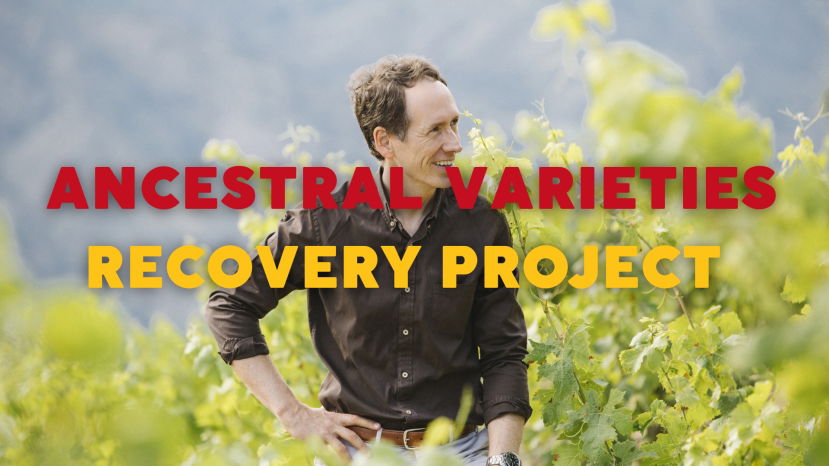BLOG
Grape Varieties
Italy’s wealth of grape varieties presents wine connoisseurs with many tantalizing prospects, particularly on the red wine spectrum. While Sangiovese and Nebbiolo still reign supreme, numerous grape varieties have re-emerged from hiding in recent years to spellbind wine lovers around the world. In Italy, the story of how some of these grapes transitioned from obscurity to fashionably cool can be just as compelling as the wines themselves. In many cases, the wines from these grapes are shining in a way they never have before, thanks to more informed decisions in the vineyard and winery.
Here are five up-and-coming Italian red grapes to pay attention to. While all of these grapes have been around for centuries, their resurgence has meant a quality revolution and increased interest from the international marketplace.
While Italian red wines still garner much of the attention, there are, without doubt, many outstanding white wines that deserve consideration. While white wines like Soave, Verdicchio dei Castelli di Jesi or Fiano di Avellino, are already well-known, there are also lesser-known — but rightfully trending — Italian white grape varieties that today produce exciting wines worth seeking out.
Everyone loves an underdog. And when the underdog emerges, bruised and battered but nonetheless victorious, these triumphs become powerfully motivational. Take the 2004 UEFA Cup Final, for example. Greece, one of this soccer tournament’s less-favoured teams, faced off against much-fancied hosts Portugal in Lisbon – and won. The victory of the team of ‘Greek Gods’ (as the newspapers soon named them) filled countless sport enthusiasts, myself included, with sentiments of hope and optimism.
Summary:
Aligoté has been getting increasingly more attention in the last 10 years or so in Bourgogne by producers and drinkers alike due to a combination of factors, including climate change and massale selections.
This webinar will focus on Bourgogne’s ‘Second White Grape’ by delving into its history, attributes, viticulture, winemaking, appellations and producers
Summary:
Garnacha (Grenache) is increasingly capturing the attention of wine enthusiasts around the world for its approachability, versatility and quality. As the variety continues to make its mark on the world wine scene, Spanish producers continue to innovate with a wide range of styles.
Master of Wine Pedro Ballesteros Torres will lead us in a deep dive into Garnacha, covering
Summary:
Gewurztraminer is a well-known grape variety that has a high potential for aromatic intensity, diversities of style, different expressions of terroir and a good potential for aging. Often described as being too powerful, too rich or too sweet, consumers and sommeliers need to challenge themselves, get out of their comfort zone and embrace the uniqueness of Gewurztraminer. Eric will take us on an exploration of
Summary:
Drinking and discovering Montepulciano (the grape) d'Abruzzo is like looking at a painter's palette, so many colors, so many shades and so many possibilities. Montepulciano is one of Italy's most versatile grapes that can produce terrific rosatos, quaffable reds for any occasion but also some of Italy's boldest and age-worthy wines, worth every sip.
Presenter: Ciro Pirone
Summary:
Have you ever tasted a Souvignier Gris, a Solaris or a Bronner? What about Regent, Cabernet Cortis or Rösler? These are just some of the disease-resistant varieties that have been bred over the last few decades from complex crossings of vitis vinifera cultivars with American sub-species such as vitis labrusca, vitis riparia or vitis rupestris.
What started as a crude exercise in creating new plant material in the wake of the turn-of-the-century phylloxera
Summary:
Meunier has always been somewhat marginalized in Champagne despite the fact that it occupies a third of the territory under vine. Many Champenois consider it mere filler to bulk up the ‘star players’ Pinot Noir and Chardonnay, while for others the late-budding early-ripening variety represents little more than an insurance policy against frost.
But Meunier has its own unique
Summary:
Piedmont is most known for its Nebbiolo, Barbera and Dolcetto, the three core varieties that form the backbone of the Langhe, Piedmont’s most famous sub-region.
But a number of other exciting indigenous and qualitative varieties make up the region’s complex viticultural patchwork.
This webinar will focus on 4 lesser-known whites – Arneis,
Summary:
Nebbiolo is one of Italy’s greatest cultivars—if not the greatest, period. Historically, it has held a place of reverence. In the 15th century, damaging a Nebbiolo vine was punishable by death! Native to Piedmont and thriving in the Langhe, this grape is the consummate interpreter of “place.” Bold, brash, sophisticated or elegant, it manifests multiple personalities depending upon the
Summary:
Riesling isn’t the first grape we think of when considering “international varieties.” Yet it thrives from the suntraps of Napa Valley to the cool valleys of the Antipodes.
In this WSG Live, we will briefly examine the origins of Riesling, trace its early spread through Germany, and then zero in on the surprising range of regions where it thrives today: Alsace, Austria, Luxembourg, Northern Italy, the U.S. West Coast, Michigan, and New York, as well as Australia
Summary:
Informed wine lovers know that Châteauneuf-du-Pape has 13 allowed grape varieties, but did you know that Rioja has 14? Most people have heard of Tempranillo, Garnacha and Viura. But how about Maturana Tinta, Tempranillo Blanco or Malvasia? Or what role does Sauvignon Blanc play in Rioja? Discover the 14 grape varieties of Rioja and their characteristics, both in the vineyard and in wine, and learn how some of these are Rioja’s secret
Rick's Pick: Miguel Torres discusses the winery's role in the fight against climate change discussion as well as the recovery and rediscovery of Spain’s lost indigenous grapes.
Summary:
Over thirty years ago, Familia Torres embarked on an exciting project close to its heart: the recuperation of ancestral varieties which were believed extinct after the

